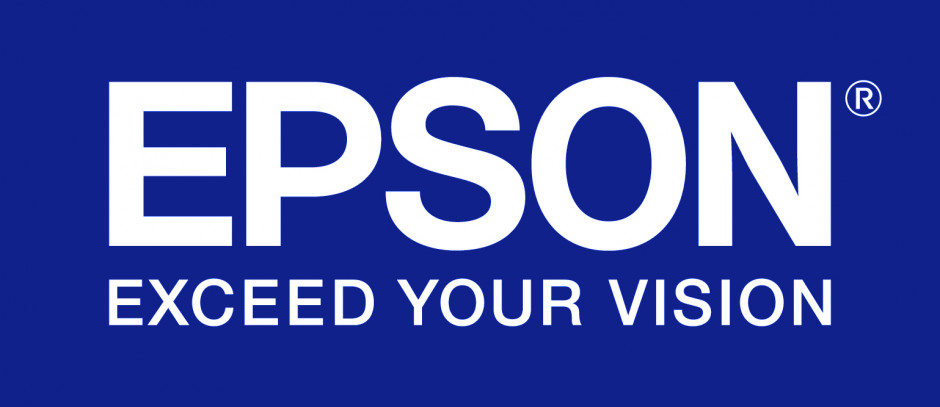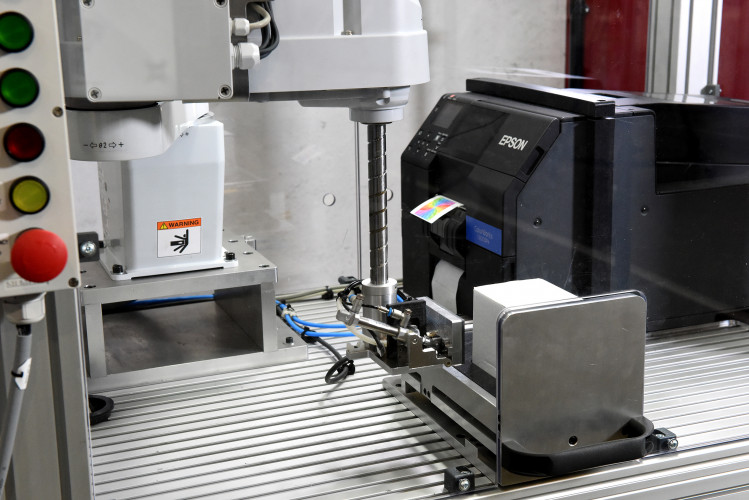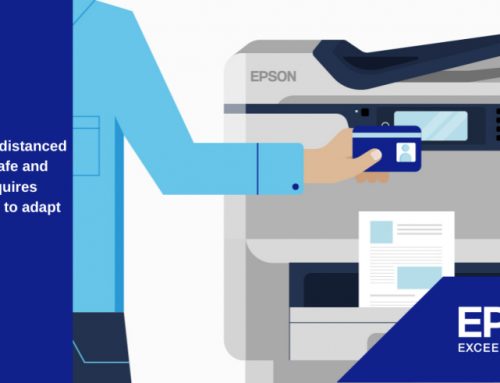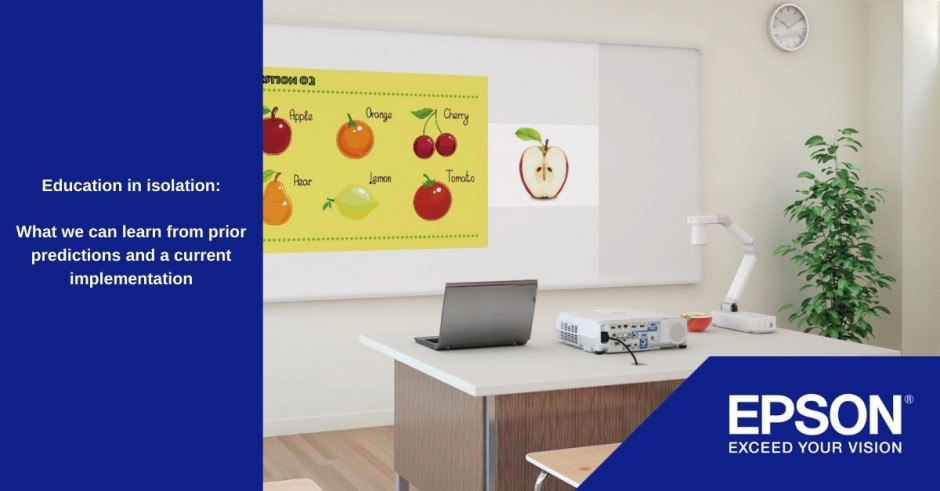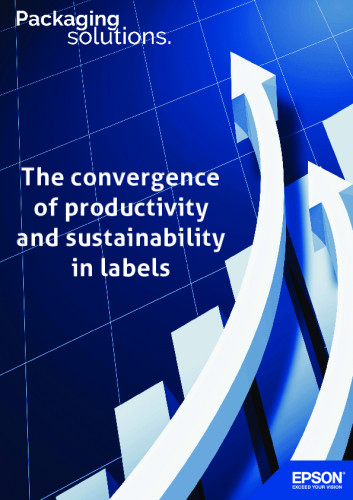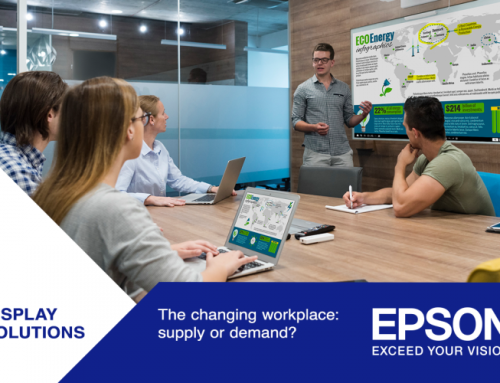Manage the business, not the printer: moving forward with balanced deployment
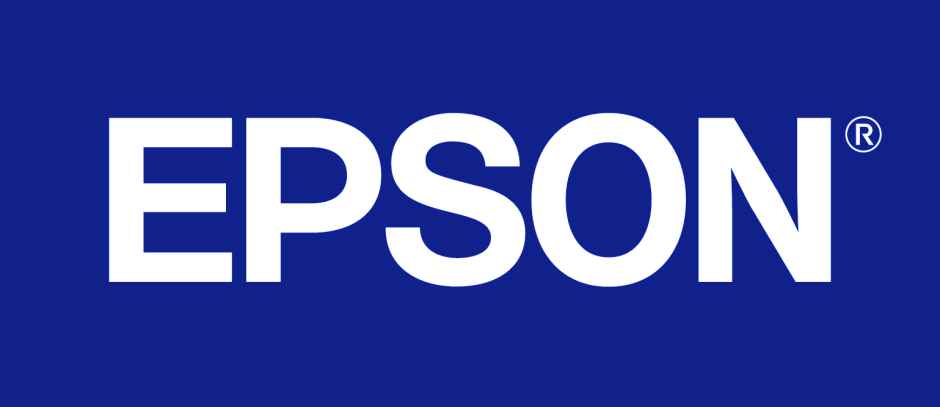
The real impact of centralised printing on some businesses could include wasted time and reduced productivity, less impactful prints, and potentially unsecured data.
So what’s the solution? We suggest a style of blended print technology that makes printing efficiently easy, while addressing some of the most common concerns of centralisation.
The alternative to centralisation
One alternative to using a centralised colour approach is to deploy colour laser printers in workgroups that have a need for greater access to colour printing. But many organisations find that while this looks like a good strategy on paper, the outcome is more expensive than they anticipated.
A significant reason for this is that high-speed colour lasers often have correspondingly high recommended duty cycles – 15,000 pages monthly or more – and may be overkill if the actual page volume is lower. Most departments print well below that level. Indeed, a recent study conducted by InfoTrends found that the average page volume on colour laser printers and MFPs is less than 5,000 pages per month1.
Striking a balance
Given the need for ever greater productivity and cost control, more and more organisations are finding that augmenting centralised colour multifunctional devices (MFDs) with distributed colour inkjet printers makes good business sense. In using a balanced deployment of colour printing – workgroup inkjets as well as centralised MFDs – organisations avoid inherent productivity loss and workflow interruptions. The impact of colour on critical documents and communication is restored through the more affordable availability of departmental colour printing. Control of critical documents and information is improved as well. Inkjet printing technology has evolved to become a viable business alternative: low cost, high quality, plus a great deal of visibility and control.
So how do you move forward? Carefully consider which colour printing combinations best suit your workforce. Work to align your resources with business process improvements and cost-control measures that can have a measurable and sustained impact. And look for providers and partners with the right mix of expertise, vision and capabilities that will allow you to make the most of colour printing in your organisation.
To conclude – we’ve provided all the insight and suggestions for you to start thinking about how to improve printing efficiency in your business. We’d recommend taking a look at your requirements for productivity, print quality and security, and make the right decision for your organisation – with a careful balance of centralised and distributed printing.
1 Office Vertical Market Opportunity Analysis by Core Based Statistical Area (U.S), McNulty and Reardon. InfoTrends, 2013.





